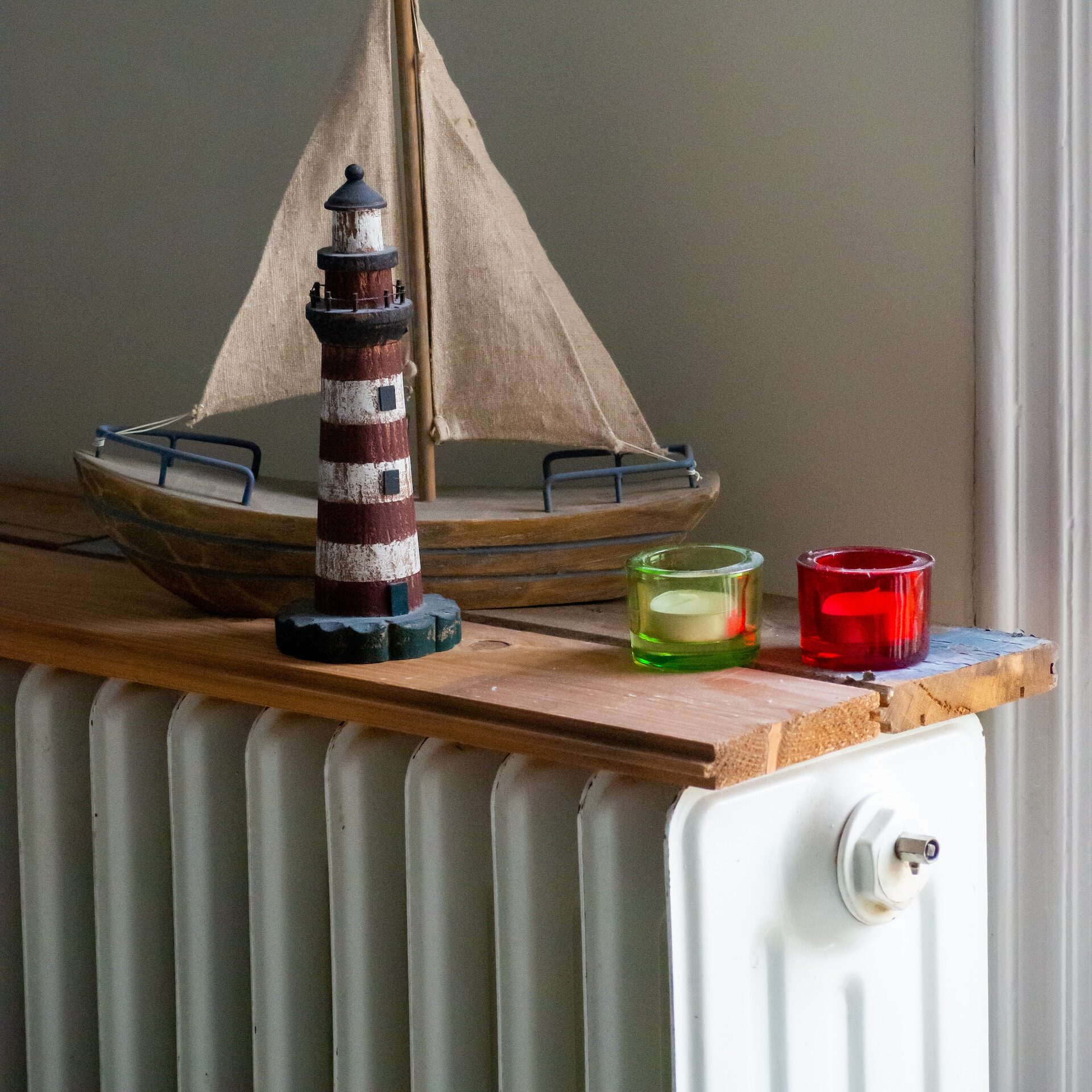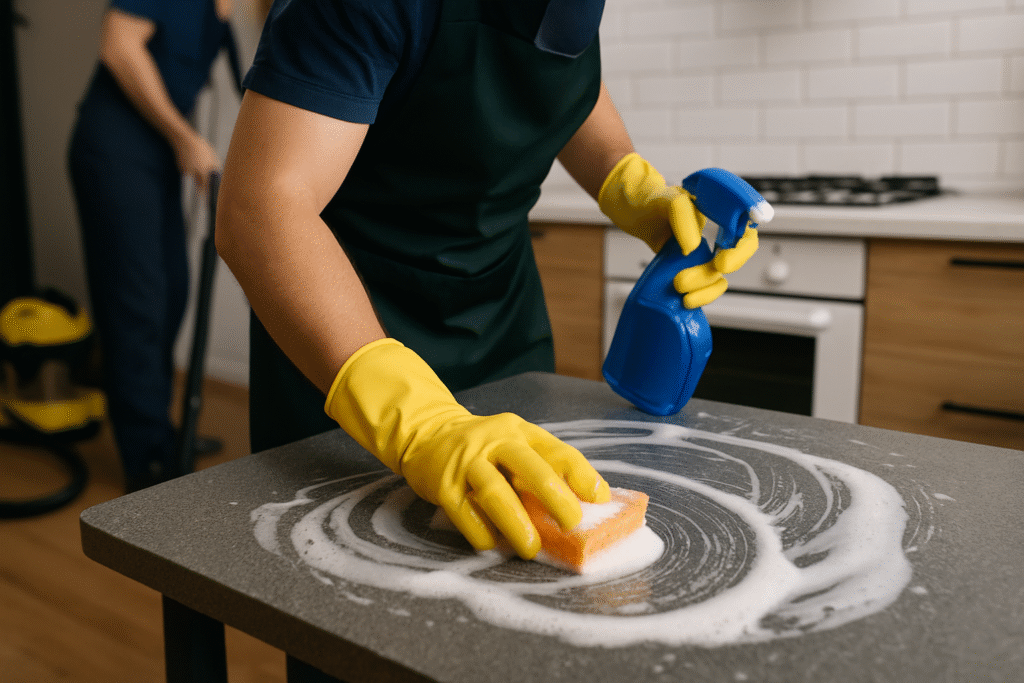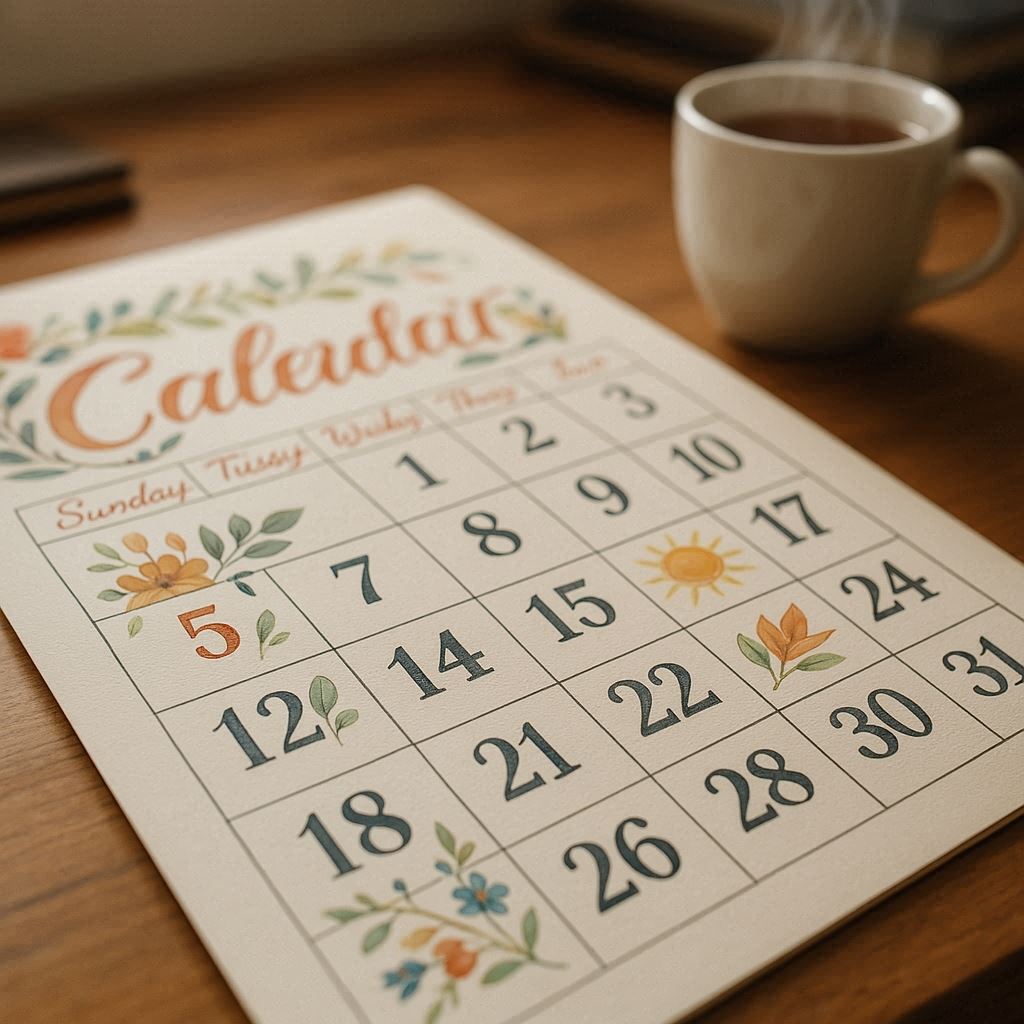As the days grow shorter, and the air becomes crisper, the familiar feeling of autumn’s approach signals the time to transition from summer’s warmth to the cozy comfort of central heating. Before you rush to turn the heating system back on after its summer slumber, there are several important considerations to ensure a smooth and efficient transition. Here are four key things to think about:

- Boiler Maintenance and Servicing: Before you fire up your central heating for the season, it’s crucial to ensure your boiler is in optimal working condition. An annual boiler service, performed by a qualified professional, is highly recommended. This servicing not only ensures your boiler is safe but also helps identify any potential issues before they become significant problems. Neglecting this step can result in reduced efficiency, higher energy bills, and even breakdowns during the cold winter months. So, schedule your boiler service to ensure it’s operating at its best.
- Radiator Health: Your radiators play a pivotal role in distributing heat throughout your home. After a period of inactivity during the summer, they may have developed cold spots due to trapped air within the system. When you first turn on your central heating, take the time to check each radiator for any uneven heating. If you notice cold patches, it’s a telltale sign that your radiators need bleeding. Bleeding your radiators is a straightforward process that allows trapped air to escape, ensuring efficient heat distribution and preventing energy wastage.
- Temperature Control: When transitioning from summer to autumn, it’s important not to crank up the heat too quickly. The weather may still be relatively mild, so there’s no need to set the thermostat to its maximum setting immediately. Start by increasing the temperature gradually, perhaps by one degree at a time. Simultaneously, extend the time your heating system is active little by little. This gradual approach ensures a comfortable and energy-efficient adjustment to cooler temperatures without unnecessary energy expenditure.
- Boiler Age and Efficiency: Consider the age and efficiency of your boiler. If your heating system is quite old, it may not be as energy-efficient as newer models. Boilers tend to lose efficiency over time, leading to higher energy bills and potentially more frequent breakdowns. If your boiler is over a certain age, it might be worth thinking about an upgrade to a more energy-efficient model. Modern boilers are designed to be more environmentally friendly and cost-effective in the long run, making the investment worthwhile.
In conclusion, before you embrace the warmth of central heating during the cooler months, make sure your heating system is ready to perform optimally. Prioritize boiler servicing, check your radiators, be gradual in temperature adjustments, and consider the efficiency of your heating system. These steps will not only keep your home cozy and comfortable but also help you save on energy costs and reduce the risk of unexpected breakdowns during the winter. So, take the time to prepare your central heating system for the season ahead, and enjoy a warm and worry-free autumn and winter.




